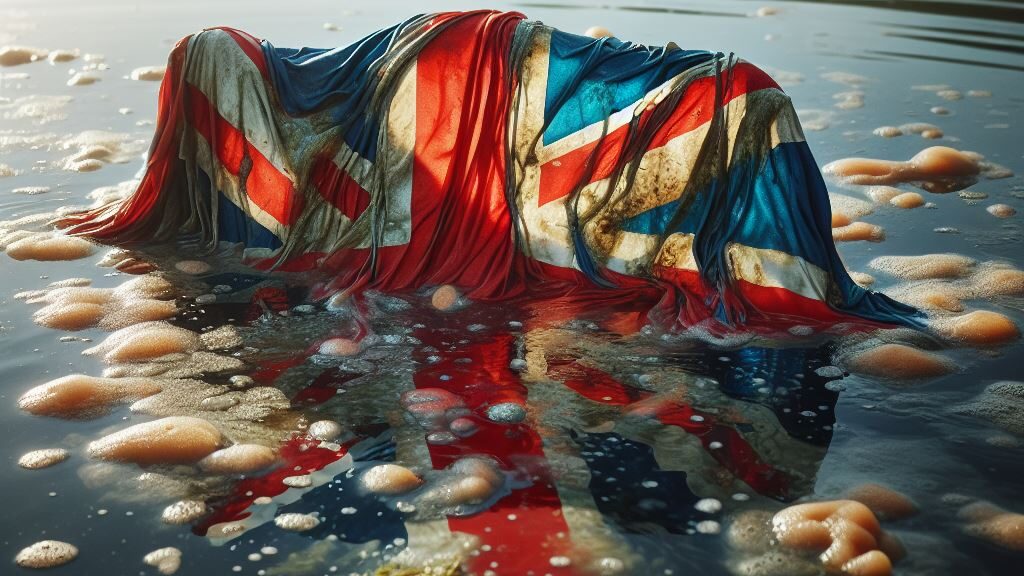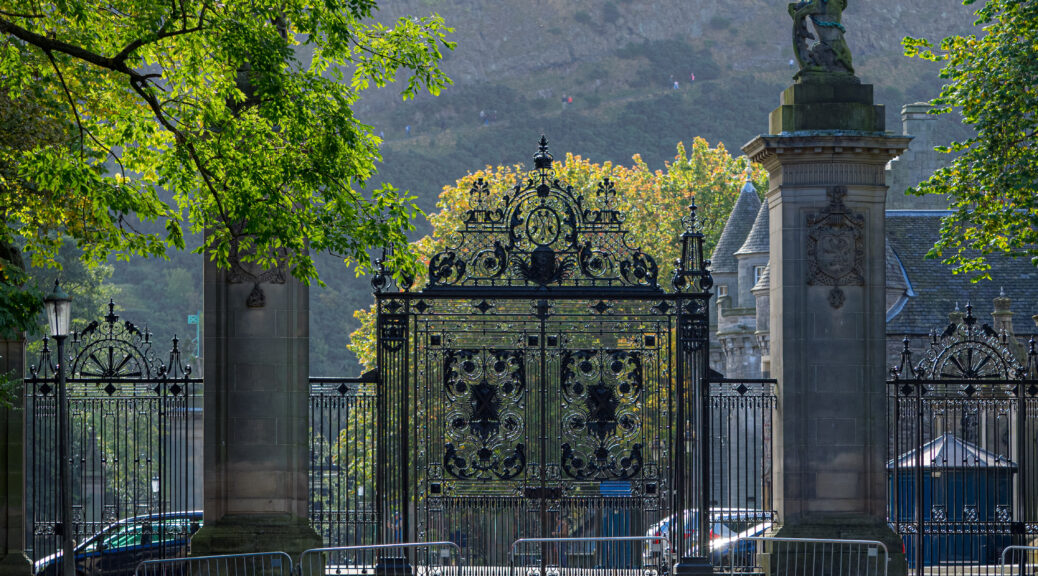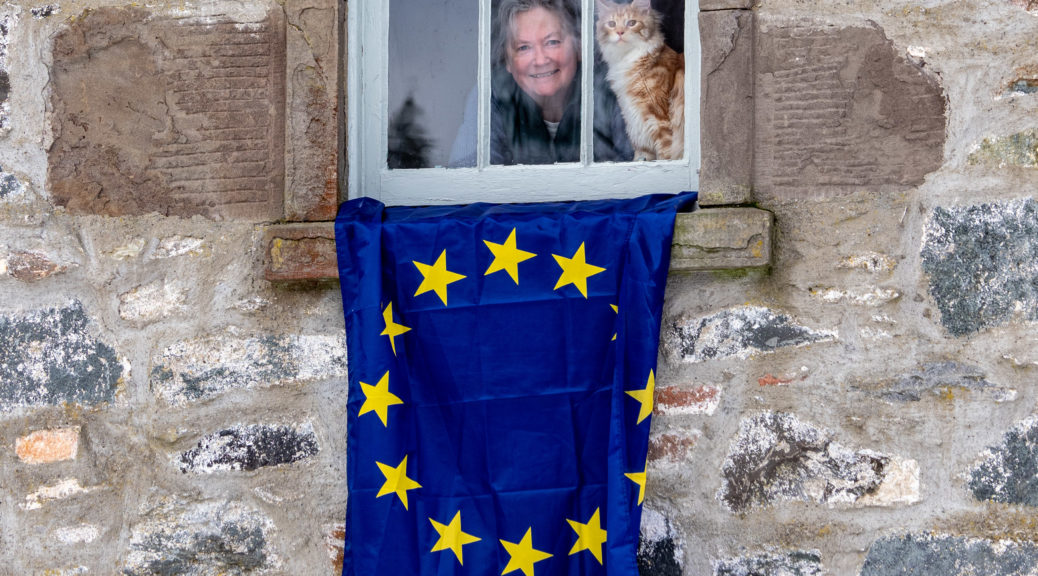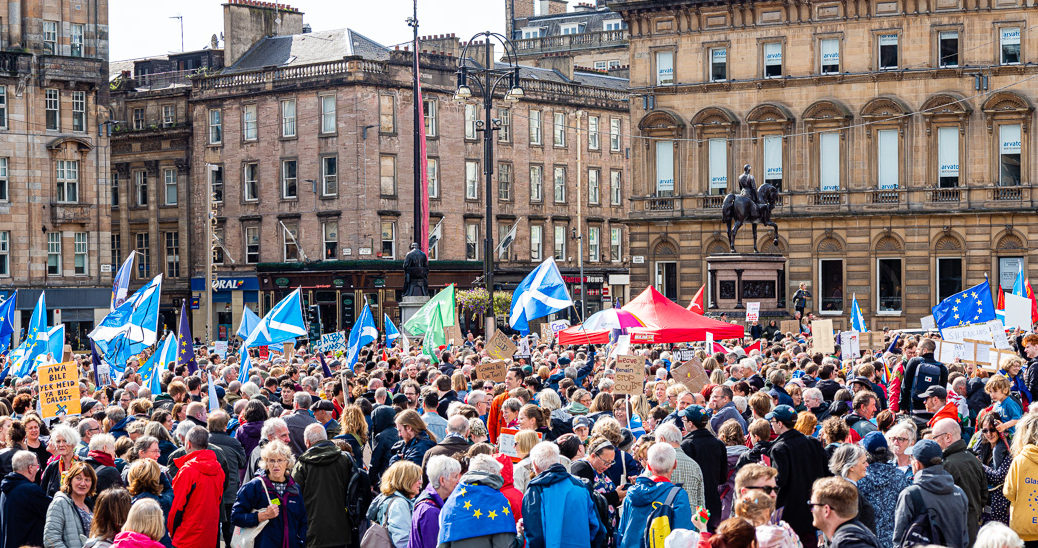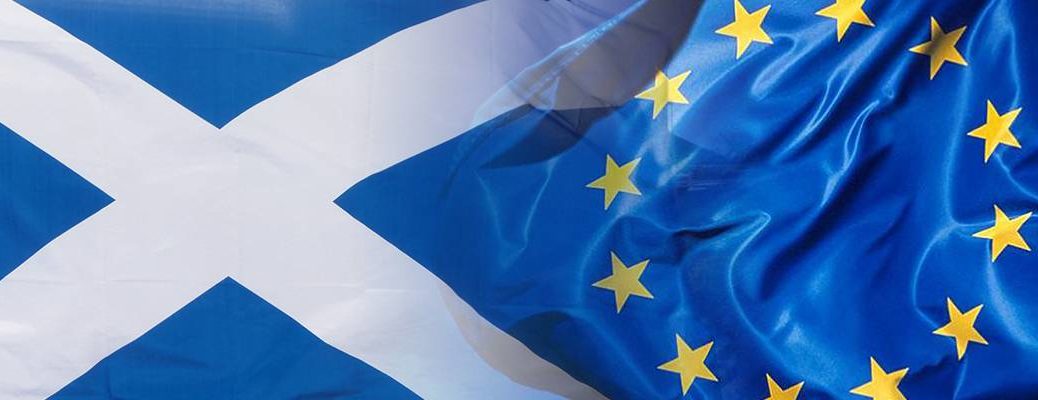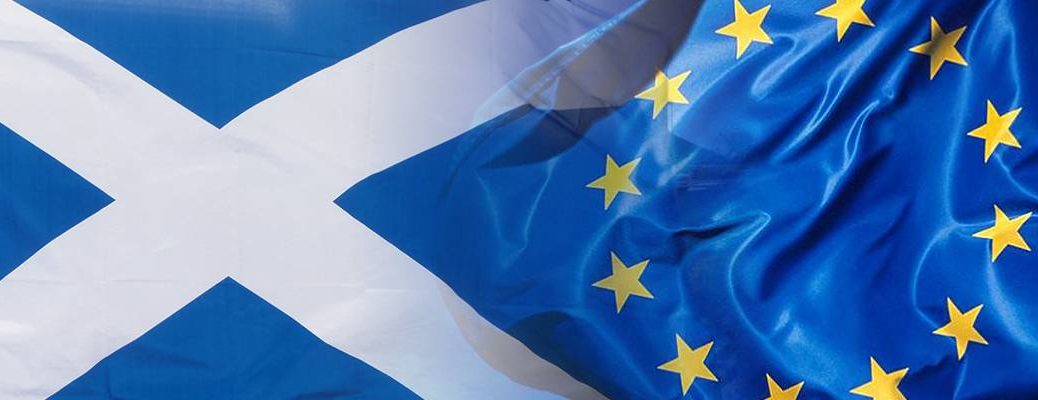With a general election finally called for the UK, we now have a real chance to put the Tory Party out of our misery, and hopefully for a generation. Like most of us though, I look back on the last fourteen years and struggle to come up with a less than book length summary of the damage they’ve done. But I had to try…
Continue reading Fourteen Years: A ReckoningCategory Archives: Politics & Governance
This is the blog I never intended to write, but which the growing democratic deficit of the UK, the inequity between its four nations and the existentially self-destructive farce that is Brexit have made inevitable. So this is my Canuteish attempt to reverse the tide of corruption, incompetence, disinformation and xenophobia that has swept the UK into a small and stagnant rock pool on the margins of the global ocean.
The Elizabethan Age – A View from the Glens
With the bowing out of the second Elizabethan Age, It probably won’t take much hindsight to see Elizabeth II as possibly the last unifying factor in the life of the rather nebulous entity we call the United Kingdom. Despite her accident of birth, she managed to embody a clear commitment to public service, to duty, decency and integrity, all carried out with unfailing good humour.
Continue reading The Elizabethan Age – A View from the GlensThe Sound of Crowing in the Dark
I’ve lived more than six decades cheerfully identifying as English (where I was born), Scottish (where I was brought up and where I now live), British (when I couldn’t make up my mind), European (where I’ve spent a deal of my working life and where my greatest cultural resonance lies) and Human, in all other circumstances. And, for the most part, that hasn’t mattered a damn. My passport says I’m a British citizen and – again, mostly – that’s been fine, despite significant differences of outlook with most governments of my lifetime. Continue reading The Sound of Crowing in the Dark
The Wrong Lizard
“It comes from a very ancient democracy, you see. . . .”
“You mean, it comes from a world of lizards?”
“No,” said Ford, “nothing so simple. Nothing anything like so straightforward. On its world, the people are people. The leaders are lizards. The people hate the lizards and the lizards rule the people.”
“Odd,” said Arthur, “I thought you said it was a democracy.”
“I did,” said Ford. “It is.”
The Tactics of Nose-Holding
Given the hubris of opposition parties of all colours in agreeing an election before Brexit was kicked into touch, we are now faced with The Great Nose-Holding of 2019, in which we can only set aside judgements based on past behaviour and focus on the immediate clear and present danger to our way of life. Continue reading The Tactics of Nose-Holding
Read. The. Memo.
So I did my democratic duty today and rocked up to the “Bollocks to Boris” demo in Glasgow’s George Square. There was a fairly decent turnout, with a diverse crowd pretty much filling the square, music at the east end and the speakers to the west. Lots of EU and Scottish flags at the musical end, whilst the speakers’ end was dominated by what I can only describe as the “Rent-a-Banner” contingent: The Communist and Socialist Workers’ Parties (bless their pointed little heads), assorted 1930s-style union showings and, in the midst, some white-bearded bloke mumbling away into a microphone. Now, I couldn’t actually hear what Corbyn was saying, but the cohort around was definitely pitching the same tired old mantras that we’re all familiar with, from any decade: Destroy the Tories; Resist Racism; Nationalise Everything; Soak The Rich (or whoever they consider “The Rich” to be at any given moment), not one of which is remotely germane to – and which in fact get in the way of – the issue facing us here and now. Didn’t they get the bloody memo?
Tactical Scotland (Redux)
TL;DR version [Updated with figures from the YouGov polling of 12-16 May]: If you’re looking for the best possible balance of pro-EU MEPs from the current Scottish List for the May 2019 EU Elections, the tactically smart thing to do is for the current voting intentions for the SNP, LibDems and Greens to hold up, and for any further defections from Labour or Tory to go to either the Scottish Greens or SNP (in that order of preference). Continue reading Tactical Scotland (Redux)
Tactical Scotland
[Update]: According to the latest YouGov poll, the swing to the pro-EU parties from the Con/Lab relics has been even bigger than I’d allowed for in this analysis. So head here for the latest pro-EU Scottish tactical voting recommendations. My previous recommendation was to swing to the SNP, but the figures now suggest that LibDem voters should stay where they are, and that any new swing voters should head for the Scottish Greens or indeed the SNP.
Voting based on the YouGov/TheTimes poll from the end of April would translate to 3 seats to pro-EU parties, 2 for pro-Brexit/anti-EU parties (1 Brexit and 1 Conservative) and 1 for Labour (whatever they are) – the d’Hondt model used in Great Britain is pretty robust in that regard, favouring smaller parties as the count progresses.
A tactical voting model that favoured the SNP at the expense of the Lib Dems and Change UK and the Brexit party at the expense of the Tories and (to a lesser extent) Labour, would give the Scottish MEP list 4 SNP seats, 1 Labour and 1 Brexit, a majority of 3 or 4 for pro-EU candidates, depending on whether Scottish Labour was neutral or pro-EU.
A tactical voting model that favoured the smaller parties (some Conservative and Labour to Brexit and Remain vote from Conservative, Labour and SNP to the LibDems, Scottish Greens and Change UK) would also give four seats to pro-EU parties (two SNP, one Green, one Lib Dem) but would lose Labour its seat, give the Conservatives one and make no difference to the one seat that the Brexit Party would have, thereby reducing the Pro EU majority on the list from 3 or 4 to 2.
There’s been much speculation about the pro-EU parties combining their lists (I think it’s too late for that now). However, changes to the list where the smaller parties came together to combine their lists (LibDem + Change UK, LibDem + Change UK + Scottish Green, then Brexit and UKIP combining votes) actually makes no difference to the overall outcome in terms of Pro/Anti-EU representation. What it would do is gain the centrist alliance a seat at the expense of the SNP.
An alliance of Change UK and the LibDems, using the YouGov figures, would likely achieve no net change: they’d gain a seat at the expense of the Greens.
However, the Scottish Greens on their own have at least a chance of a seat on their own (but only within a 5% sensitivity analysis), so their incentive for cooperation is perhaps limited. As a still largely issue-driven party, their vote is probably also less susceptible to tactical defection.
Now for the detail… Continue reading Tactical Scotland
Kindergarten Politics
On a transatlantic flight last year, I was sat across the aisle from a 3-4 year-old, who was deeply engrossed in playing a puzzle game on her iPad. I couldn’t see what it was, save that it involved ballerinas and unicorns (and, yes, you have just worked out where this is going…). Continue reading Kindergarten Politics
Animal Farm, 2019
As predicted, May’s Pig is still resolutely a pig: all that’s changed is that it’s become even stickier from the frantic application of multiple layers of lipstick. Having been unceremoniously tipped out of its poke, the true horror of its oxymoronic insanity is evident to all, no matter which part of the midden they occupy in the Brexit Civil War.
So, in the absence a dereliction of common sense that’s exceptional, even by current standards (which is to say, it’s possible), May’s deal is going down – and by the full bacon sandwich. Update: it did, by 149 votes. Next… Continue reading Animal Farm, 2019
